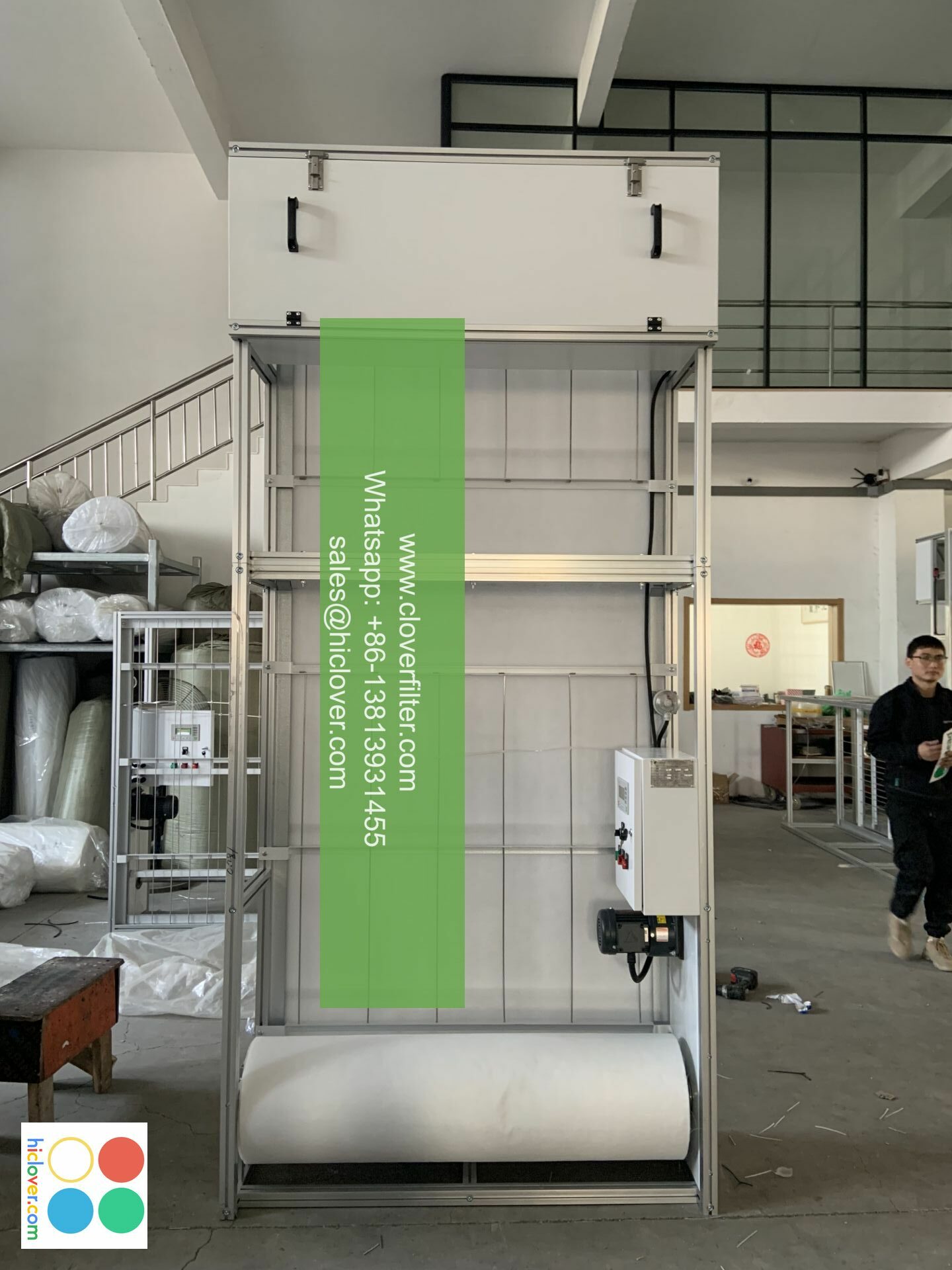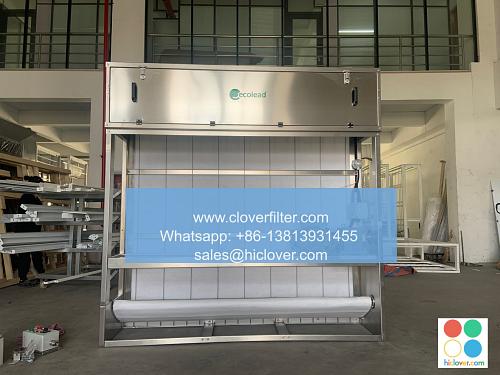Air Filter Industry Trends: What’s New and What’s Next

The air filter industry has witnessed significant growth in recent years, driven by increasing awareness about indoor air quality, rising concerns about air pollution, and stringent regulations. As the industry continues to evolve, it’s essential to stay ahead of the curve and explore the latest trends, technologies, and innovations shaping the future of air filtration. In this article, we’ll delve into the current state of the air filter industry, highlighting various application areas, and provide insights into what’s new and what’s next.
Advancements in Filter Technology
One of the most significant trends in the air filter industry is the development of advanced filter technologies, including Nanofiber filters, HEPA filters, and Activated Carbon filters. These cutting-edge filters offer enhanced filtration efficiency, improved airflow, and increased durability, making them ideal for various applications, such as industrial air purification, commercial HVAC systems, and residential air cleaning. Furthermore, the integration of IoT sensors and AI-powered monitoring systems enables real-time monitoring and optimization of air filter performance, ensuring maximum efficiency and effectiveness.
Sustainable and Eco-Friendly Solutions
As concerns about climate change and environmental sustainability continue to grow, the air filter industry is shifting towards more eco-friendly and sustainable solutions. Green air filters, made from natural and biodegradable materials, are gaining popularity, while recyclable air filters and energy-efficient air purification systems are becoming increasingly important. Additionally, the development of air filter recycling programs and proper disposal methods aims to reduce waste and minimize the environmental impact of air filters.
Indoor Air Quality (IAQ) and Health Concerns
The importance of indoor air quality (IAQ) and its impact on human health is a growing concern, driving demand for effective air filtration solutions. Airborne virus removal, allergen reduction, and odor elimination are critical application areas, particularly in healthcare facilities, schools, and residential buildings. The use of air quality sensors and monitoring systems helps identify potential IAQ issues, allowing for proactive measures to ensure a healthy and safe indoor environment.
Industrial and Commercial Applications
The air filter industry serves various industrial and commercial sectors, including manufacturing, pharmaceuticals, food processing, and data centers. High-efficiency air filters, HEPA filters, and ULPA filters are commonly used in these applications to maintain cleanroom environments, control contamination, and ensure product quality. Moreover, the implementation of air filter testing and validation protocols ensures compliance with regulatory standards and industry guidelines.
Future Outlook and Emerging Trends
As the air filter industry continues to evolve, emerging trends and technologies are expected to shape its future. Some key areas to watch include:
* Antimicrobial air filters and self-cleaning air filters for improved hygiene and reduced maintenance
* 3D-printed air filters and customizable air filter designs for enhanced performance and efficiency
* Energy-harvesting air filters and power-generating air purification systems for sustainable and self-sufficient solutions
* Advanced materials and nanotechnology for improved filter media and increased filtration efficiency
In conclusion, the air filter industry is experiencing significant growth and transformation, driven by advances in filter technology, sustainability, and indoor air quality concerns. As the industry continues to innovate and adapt to emerging trends and challenges, it’s essential to stay informed about the latest developments and applications in air filtration. By highlighting various application areas and exploring what’s new and what’s next, we can better understand the complexities and opportunities within the air filter industry. Prompt

